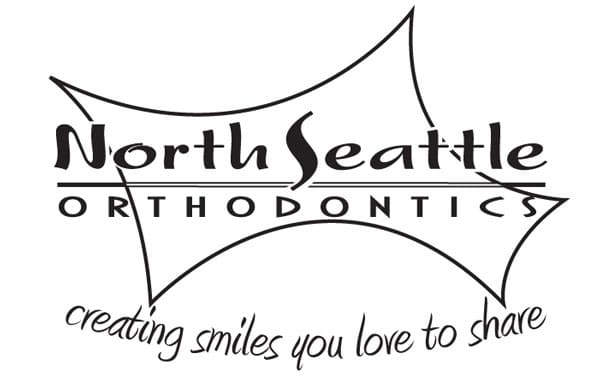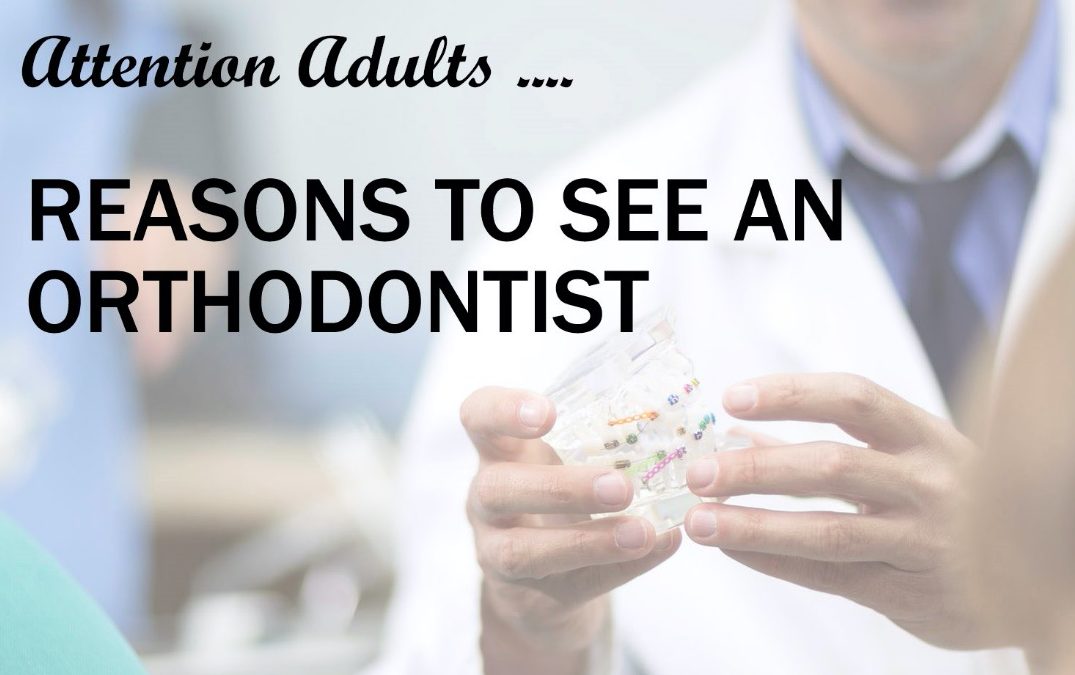It’s not just about giving you a beautiful smile—getting your teeth aligned will also prevent other serious problems. Is it time to see an orthodontist? Check out the signs listed below. We would appreciate being the orthodontist you come see .. give us a call today for your complimentary appointment!
- Teeth Straightening
Most people see an orthodontist to have their teeth straightened. Having crooked teeth is not only physically bothersome, but it can also affect one’s confidence and self-esteem. Often, this is a quick and easy fix. There are many kinds of braces available now that suit every lifestyle.
- Overcrowded Teeth
Some adults develop too many teeth in one space in their mouths, causing the mouth to be overcrowded. Because teeth are harder to clean this way, overcrowding can cause other long-term dental and gum problems. An orthodontist can address this issue in several ways.
- Gaps
Sometimes, a person’s teeth naturally grow with spaces between them. Other times, they lose one or two molars and never get dentures. The other teeth start to move, or space out, causing decay and other physical problems.
- Bite Issues
A misaligned bite, or malocclusion, is also typical in many adults. There are four types of bite issues: the overbite, underbite, open bite, and crossbite. Bite problems affect the shape of a person’s face. Vanity aside, it is crucial to correct them because they can cause other physical issues, such as grinding, clenching, headaches, and even speech problems.
- Facial Imbalance
There are adults whose center front teeth don’t align to the center of their bottom front teeth. A misplaced midline causes additional strain to the jaw and can be uncomfortable as you grow older.
- Temporomandibular Disorders (TMD)
The temporomandibular joint is a hinge that connects your jaw to the temporal bones of your skull. It allows movement to the jaws. If you’re experiencing pain in your jaw muscles or having difficulties moving them to eat and talk, you may have temporomandibular disorders. An orthodontist can help!
- Teeth Grinding
Sometimes, our upper and lower teeth grind against each other voluntarily. Teeth grinding may also occur while we’re sleeping, causing our jaws to be sore when we wake up. When you notice this problem, it’s best to see your orthodontist immediately.
- Sleeping Problems
Sleep apnea is when your breathing is interrupted in your sleep. It is a serious medical condition that needs immediate care. While many factors cause sleep apnea, it is sometimes linked to how your jaws and teeth are aligned. Conducting a sleep study and consulting with an orthodontist can help with this condition.

